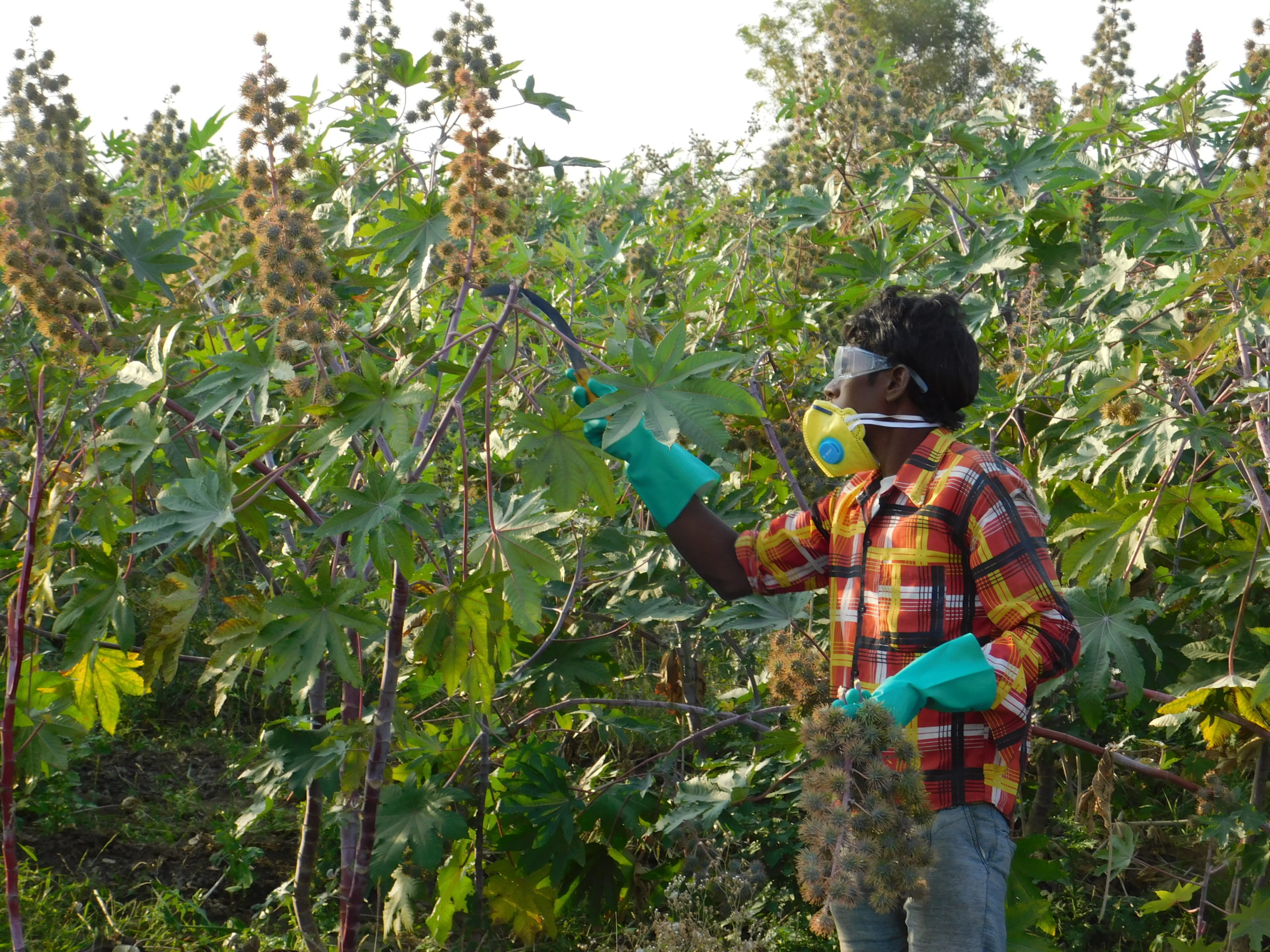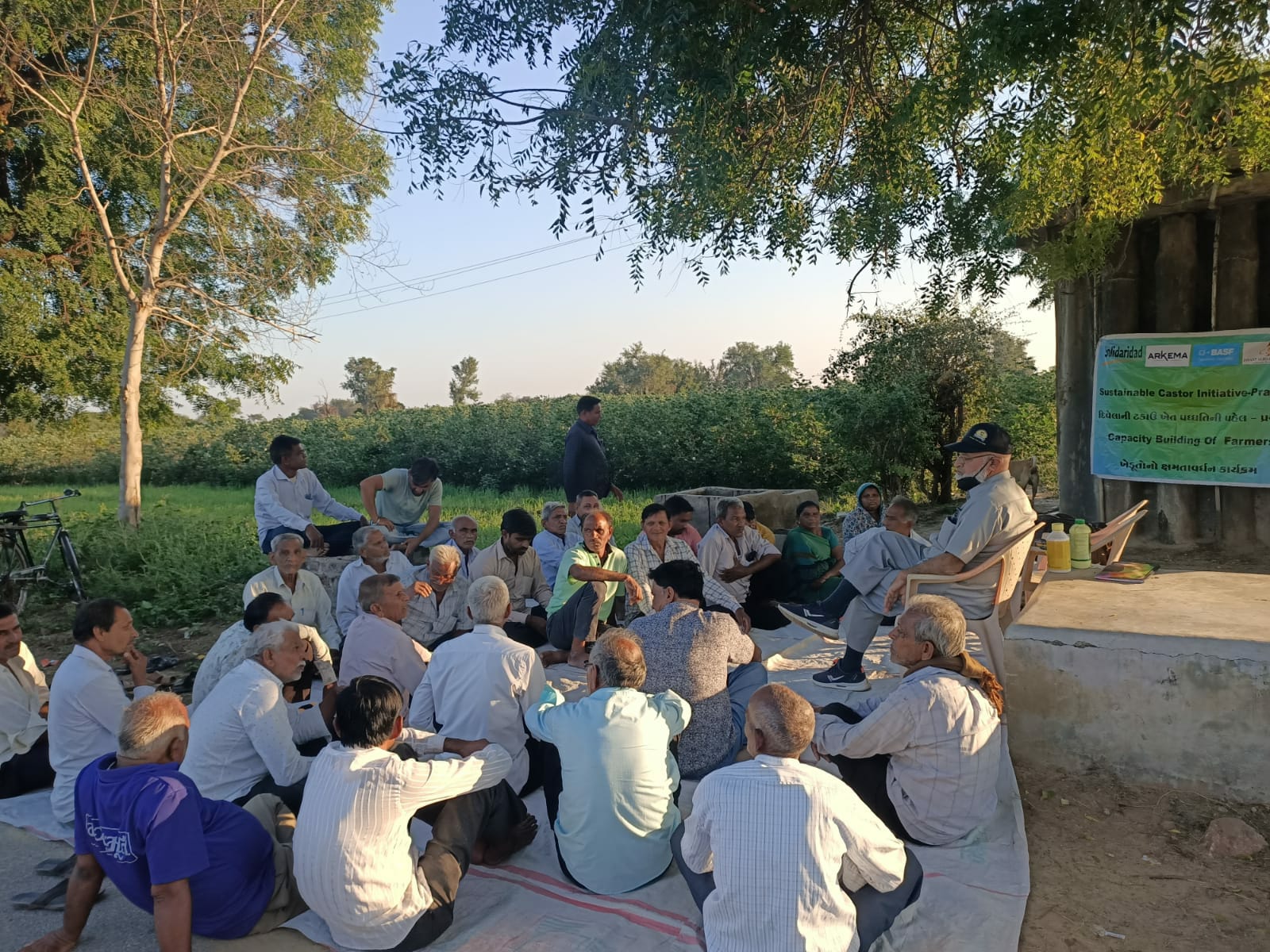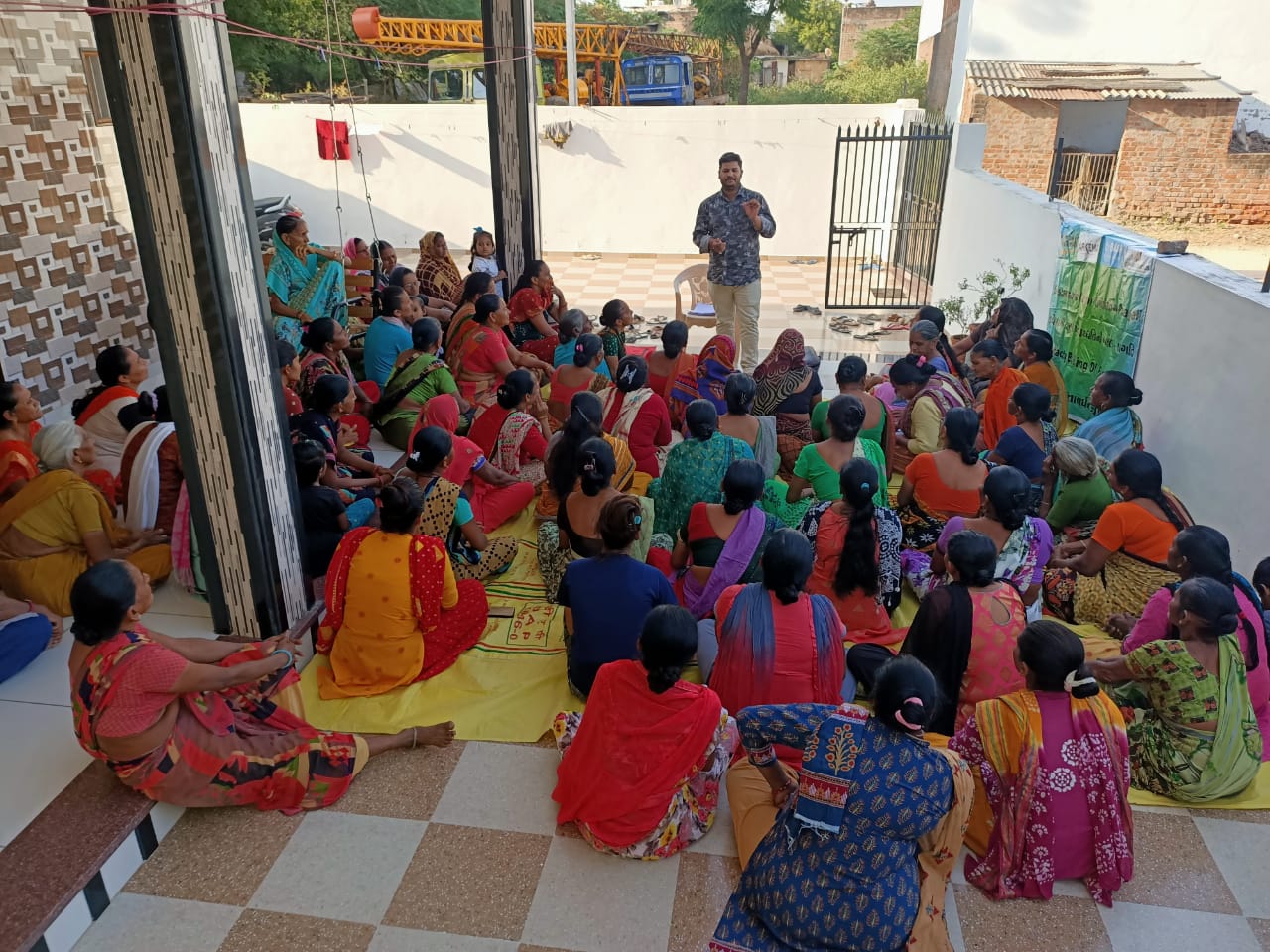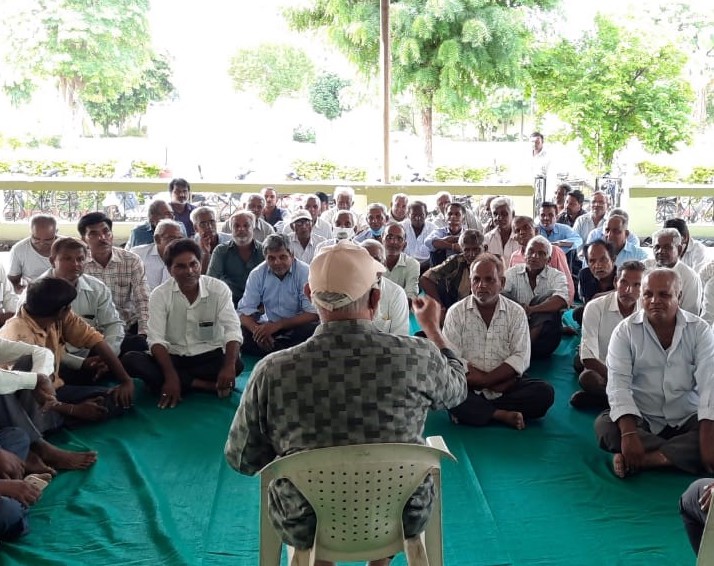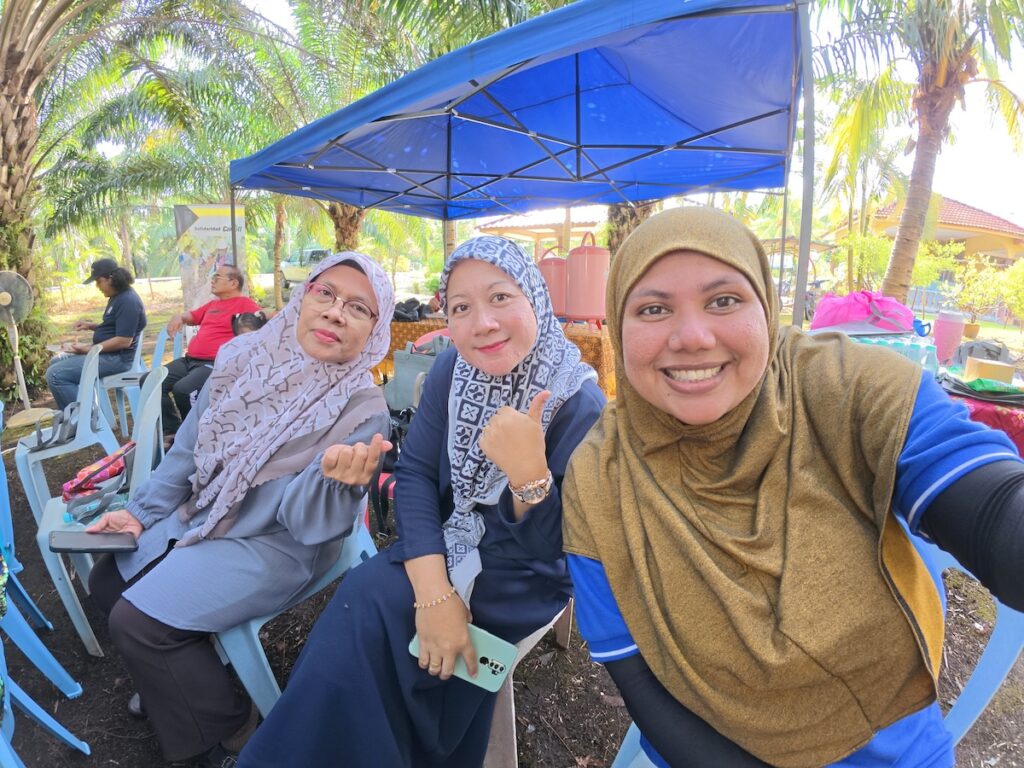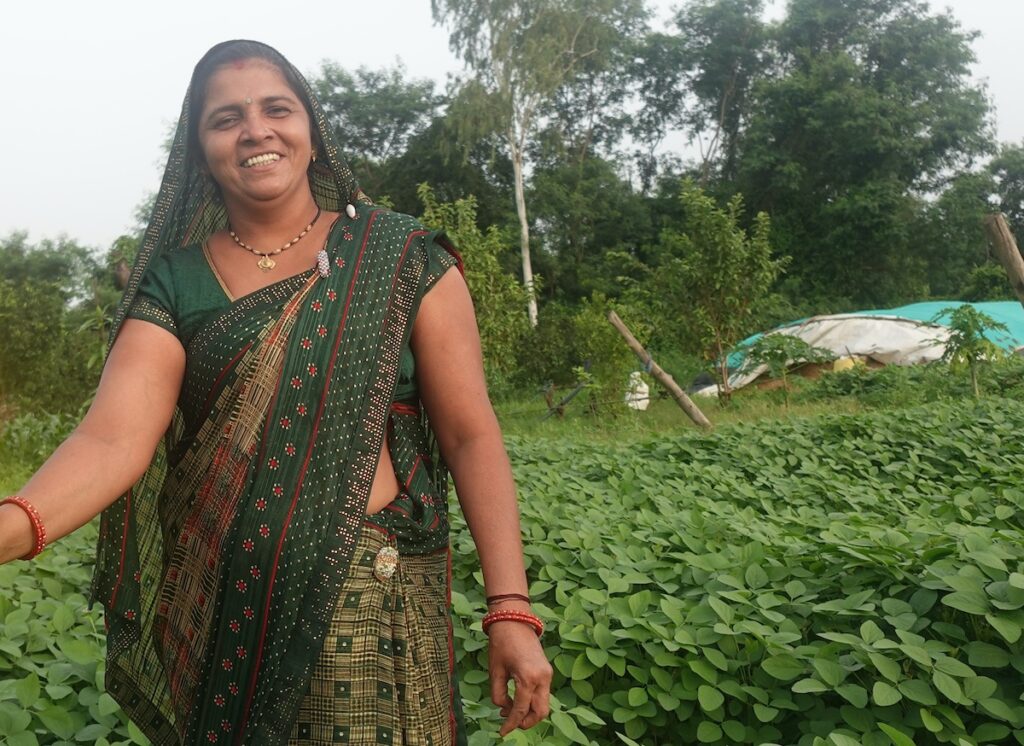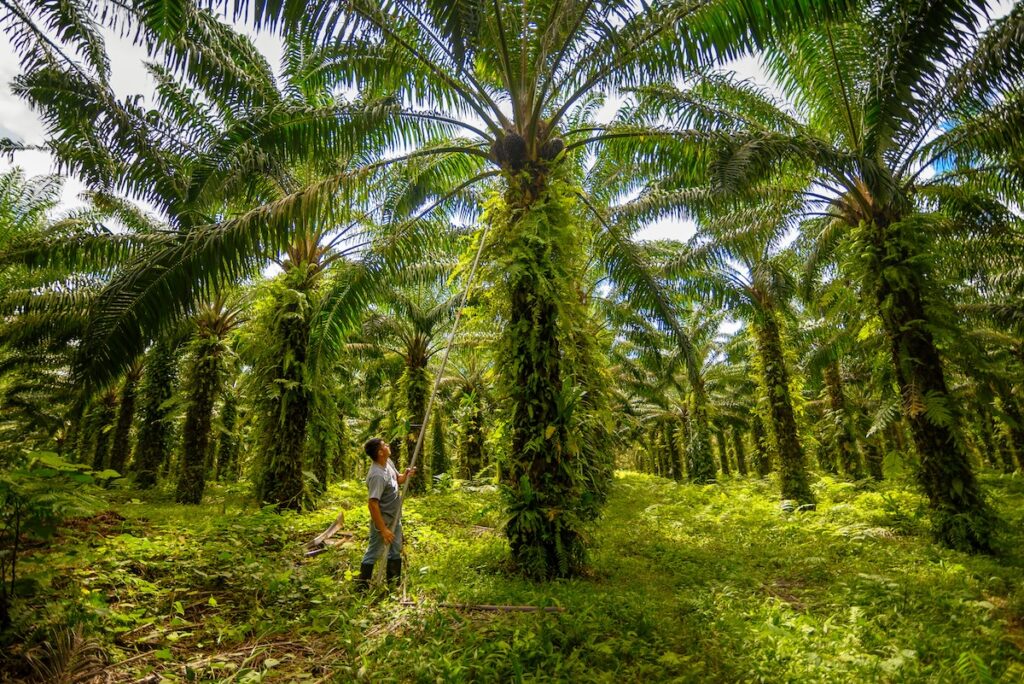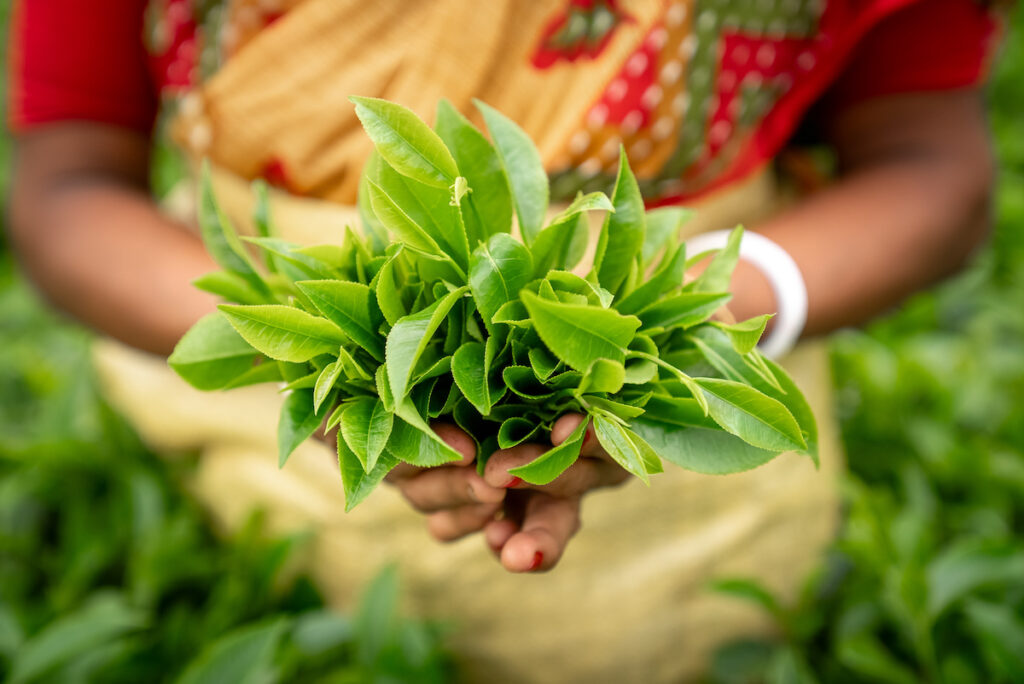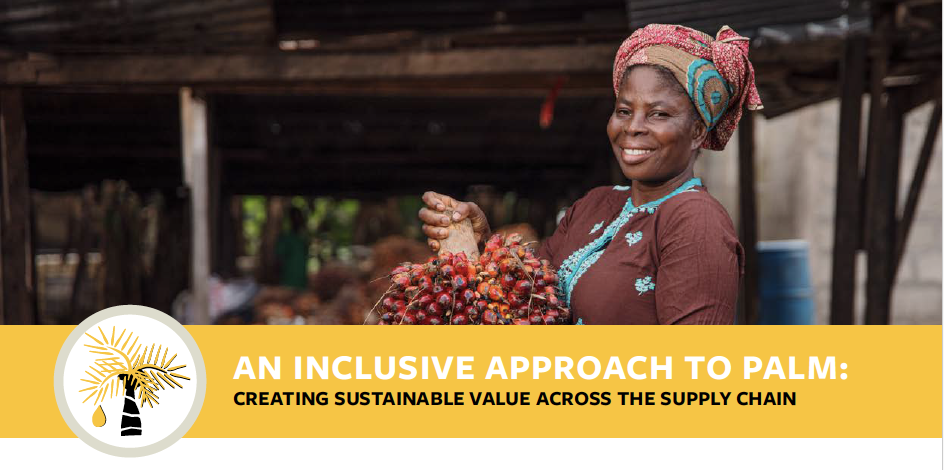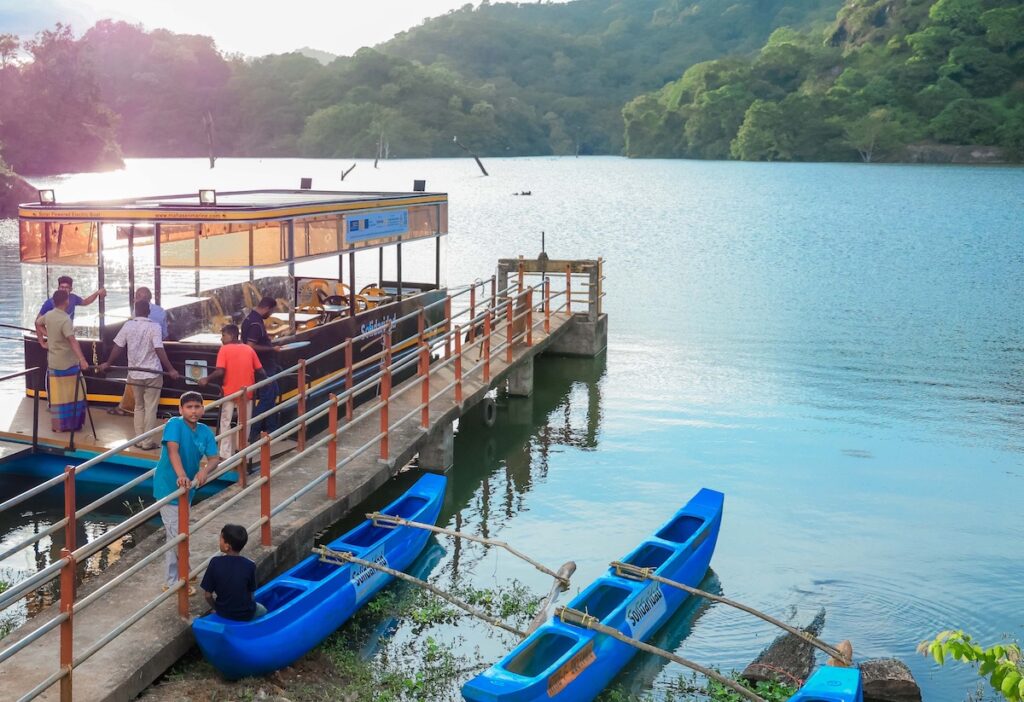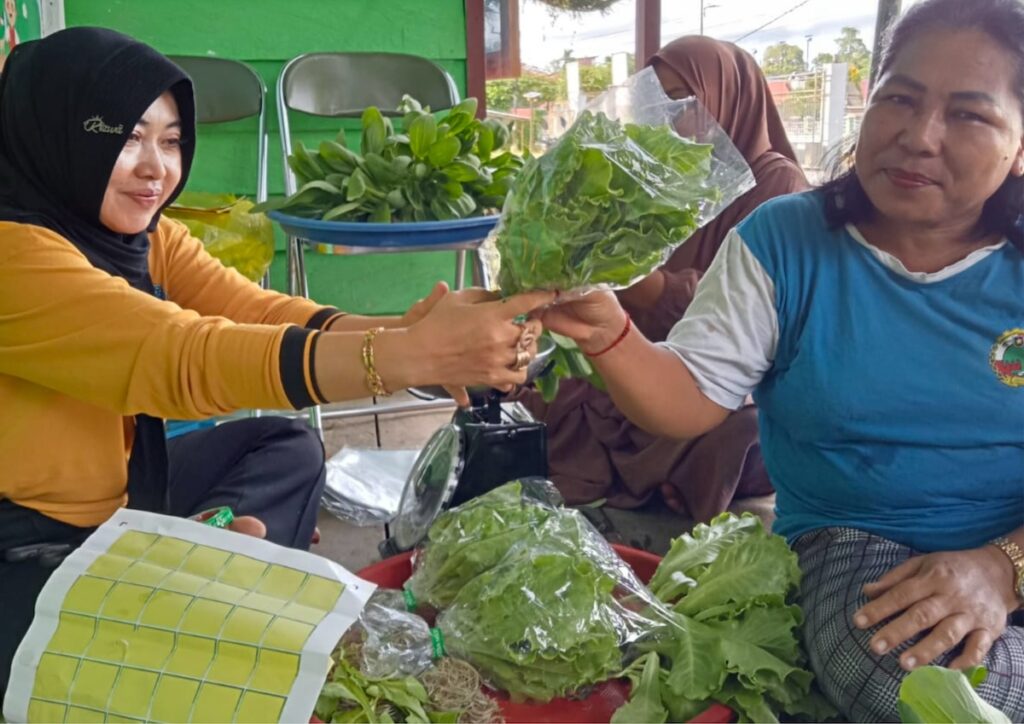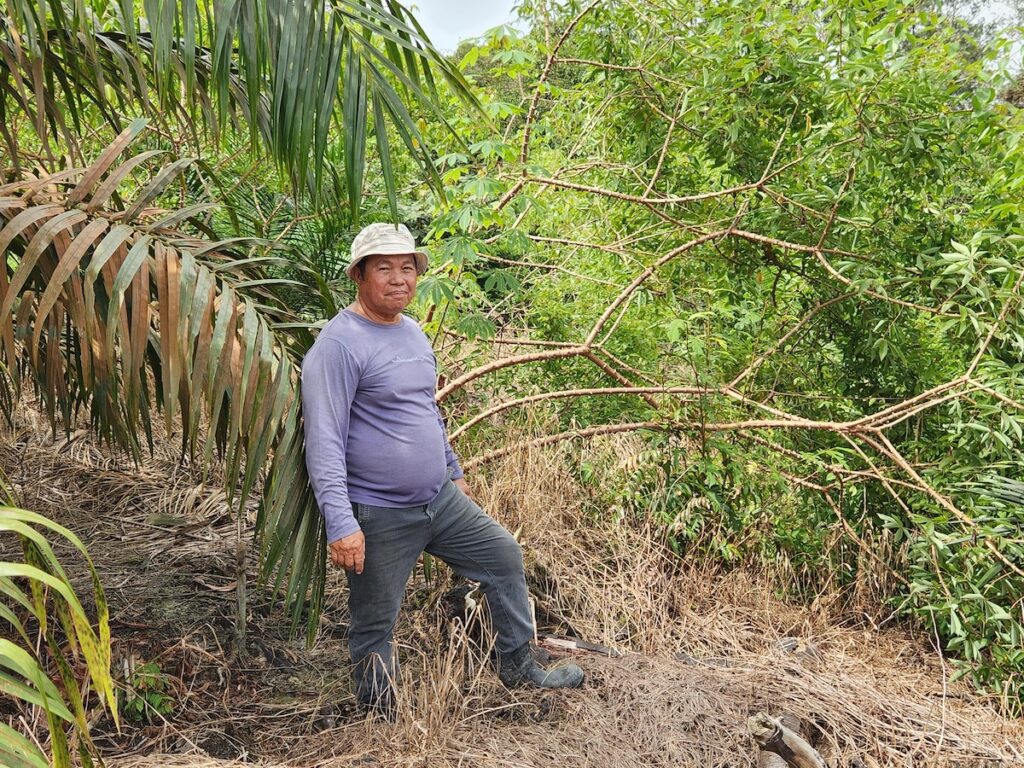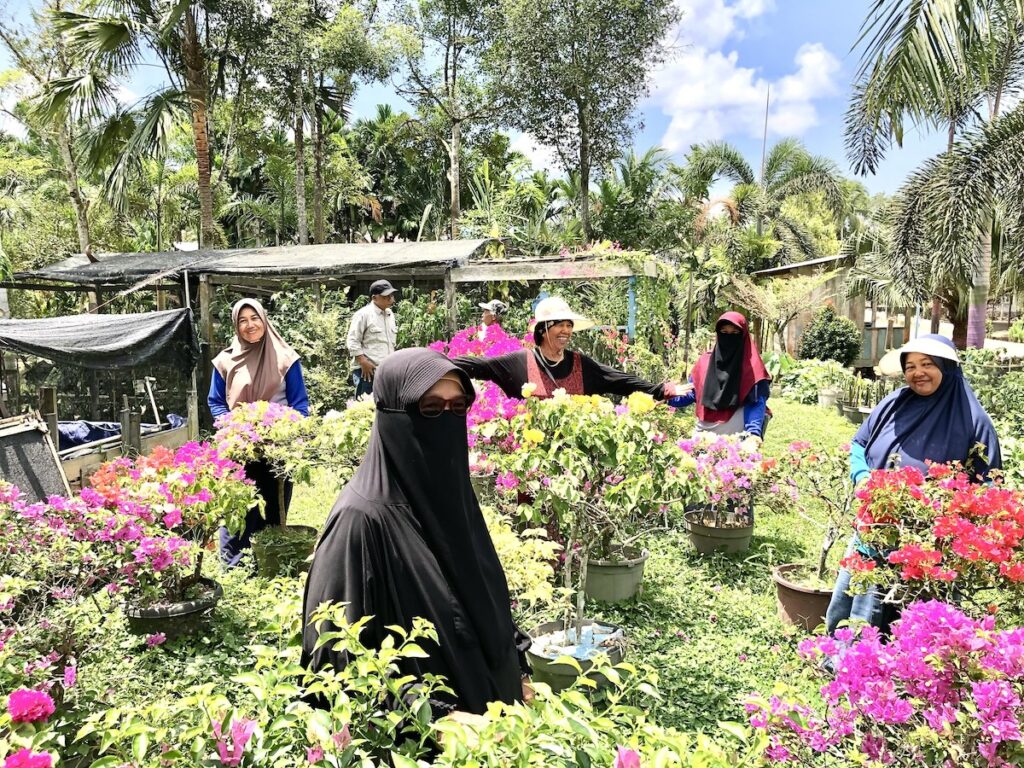Pragati is the Hindi word for progress, and the project has embodied the concept year in and year out by supporting farmers to adopt more sustainable practices. From using good agricultural practices to increase yield and farmer income, to efficiently using water resources and maintaining soil fertility. The project has also enabled farmers to adopt good waste management practices and achieve better health and safety practices and respecting human rights.
As the program enters the final year of Phase II, it has shared the impact numbers post the completion of the second year in June 2021.
Farmers trained and certified
- More than 1,240 farmers in year five and over 5,800 farmers in total have been trained, audited, and certified
- Almost 300 farmers have been identified as lead farmers across the program villages by the end of year five
- More than 6,500 farmers, including women farmers, from over 69 villages in North Gujarat has been reached out till now to participate in the program
Increased yields and lowered costs
- More than 12,500 tonnes for year five and over 36,000 tonnes of SuCCESS certified castor seed in total have been cultivated
- 35 percent yield improvement as compared with the yield published by the local government in the region for 2020-2021
- More than 4,500 hectares in year five and over 13,300 hectares are now being farmed in accordance with the SuCCESS sustainable castor code (see www.castorsuccess.org)
- Nine percent decrease in input cost has been registered by farmers in year five as compared to their input cost incurred in the previous year
Better conditions for health and the environment
- Approximately 6,300 crop protective safety kits have been distributed free of charge as part of good agricultural practices
- Water consumption has been lowered by approximately 35 per cent in the demo plots where accurate measurement and control is in place
- In year five, 94.5 per cent of farmers have adopted furrow irrigation instead of flood irrigation and the remaining percentage of farmers have been practicing other water efficient irrigation practices such as skip furrow and sprinkler.
Even with the significant progress on many fronts, year five also saw challenges with unusually high temperatures during harvesting season, continuous heavy rainfall that led to late sowing, and the compounding impacts of climate change. Solidaridad is committed to continuing this important initiative alongside project partners Arkema, BASF, and Jayant Agro-Organics.

